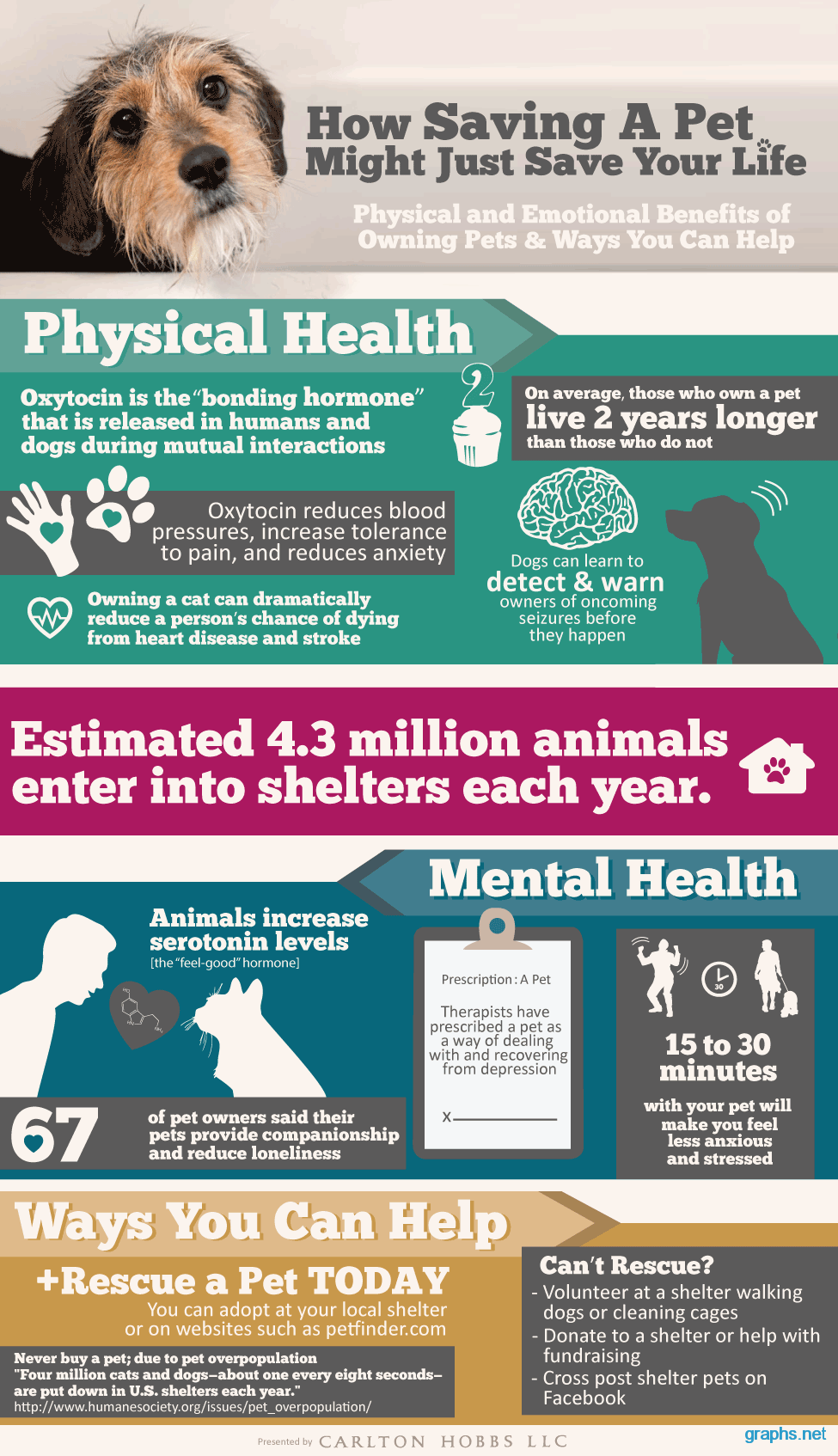Whether your dogs spend time at childcare or boarding centers, they need to be up-to-date on every one of their needed vaccinations. Core vaccinations consist of Bordetella, rabies and DA2PP, which defend against typical diseases that pets are subjected to when in close contact with others.
Non-core vaccinations include canine influenza and leptospirosis shots. These are advised for pups that join other dogs often.
Core Vaccinations
As a vital part of preventive treatment, canine vaccinations assist keep canines secure from contagious conditions transferred via direct call or contaminated surface areas. Vaccines boost the immune system to develop antibodies that fight condition, and many veterinarians consider core pet vaccines to be necessary for all animals.
Rabies
The majority of respectable dog day care centers require that your family pet be up to date on their rabies inoculation. Vaccinations are provided to puppies as early as 12-16 weeks old, and boosters are required every three years or two till adulthood. Rabies is a deadly viral condition that spreads with saliva, commonly from bites. The majority of states require rabies vaccinations for all pets and cats, and some even mandate rabies boosters for family pet proprietors.
Distemper/Parvovirus/Adenovirus (DHPP).
This combination vaccination covers canine distemper, parvovirus, hepatitis, and adenovirus, all of which are very infectious. The majority of veterinary workplaces supply DHPP vaccines as one shot or in a collection of 2 to four shots, offered 2-4 weeks apart, followed by an annual booster. This vaccination is a requirement for a lot of boarding and dog childcare facilities, in addition to many groomers.
Bordetella/Canine Parainfluenza Injection.
Bordetella bronchiseptica, dog kennel boarding frequently known as kennel cough, is a really contagious respiratory infection brought on by the microorganisms that causes the illness. Signs and symptoms include consistent coughing, sneezing, nasal discharge, and high temperature. Most kennel cough break outs take place in jampacked settings, such as daycare or boarding facilities, and are specifically usual in warmer weather. This injection is a demand for the majority of childcare and boarding facilities, and is typically supplied in a mix with the DHPP vaccine.
Leptospirosis Vaccine.
This is a bacterial illness that spreads out via contaminated water, soil, and urine. Infection can trigger kidney and liver damages, along with fatality, and is transmissible to human beings. The majority of vets will recommend this injection, based upon geographical area and way of living of the pet, for pets that hang around outdoors or at boarding facilities, as well as some groomers. This injection is normally provided as a collection of 2 to 4 shots, spaced 2-4 weeks apart, with a yearly booster needed for most pets.
Lyme Illness Injection.
One of the most usual tick-borne condition in the USA, Lyme condition is transmitted by the deer tick and can cause high temperature, joint pain, muscle soreness, and loss of appetite. The Lyme disease vaccine safeguards against the most common stress of the virus, including the H3N8 and H3N2 stress. A lot of vet facilities advise this vaccination, specifically in risky locations, such as the Northeast, top Midwest, Mid-Atlantic, and along the Pacific shore.
Noncore Vaccines.
Various other dog vaccines, while not necessary for all pets, are recommended based on the dog's lifestyle and geographical location. These include the following:.
